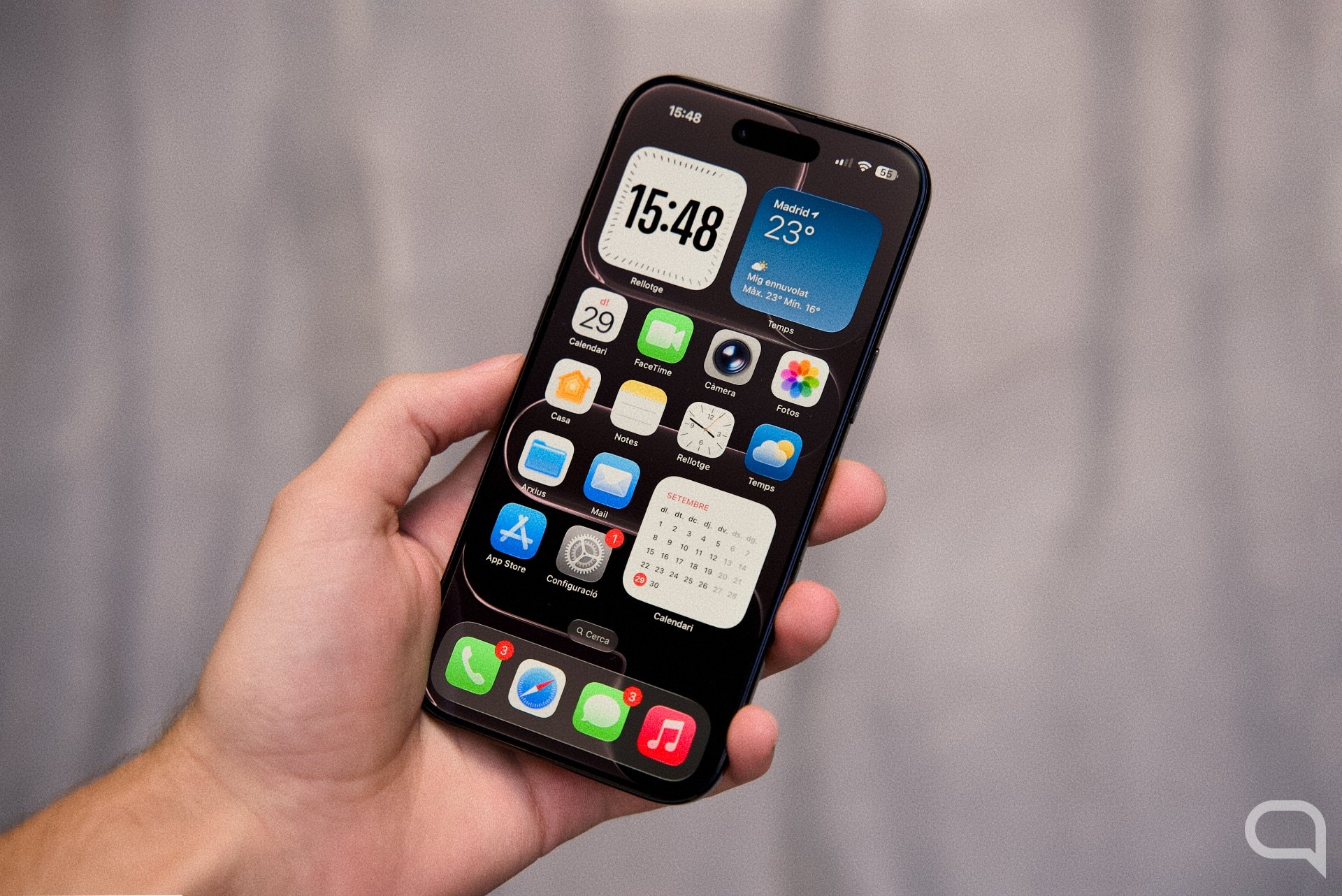Solar Group, part of Rostelecom, conducted a study of security incidents that occurred when using the DLP system in the first half of 2024. It turned out that more than two-thirds of the violations were related to the actions of women. Interestingly, these violations often occur due to the desire to improve business processes, while men are more likely to commit violations for selfish reasons. However, not all experts agree with these findings and argue that cyber incidents are not gender specific.
According to the study, women are more likely to violate security rules than men; 71% and 29% of cases, respectively. The main reason for this is sending work documents to yourself via personal messengers or emails to work from home. Negligent violations and attempts to bypass regulations to speed up work are also common. At the same time, men make mistakes mostly due to carelessness, but sometimes there are cases of deliberate violations related to data theft.
However, other cybersecurity experts doubt the validity of the results. According to Pavel Pokrovsky from Angara Security, attackers may take social factors into account when planning attacks, but this does not mean that the incidents depend on the gender of the employees. Alexey Parfentyev from SearchInform emphasizes that the violations have no connection with gender, and the main motivation is money and revenge. In his opinion, it is more important to look at the level of access to data and work processes, rather than the gender of the employees.
Source: Ferra
I am a professional journalist and content creator with extensive experience writing for news websites. I currently work as an author at Gadget Onus, where I specialize in covering hot news topics. My written pieces have been published on some of the biggest media outlets around the world, including The Guardian and BBC News.











